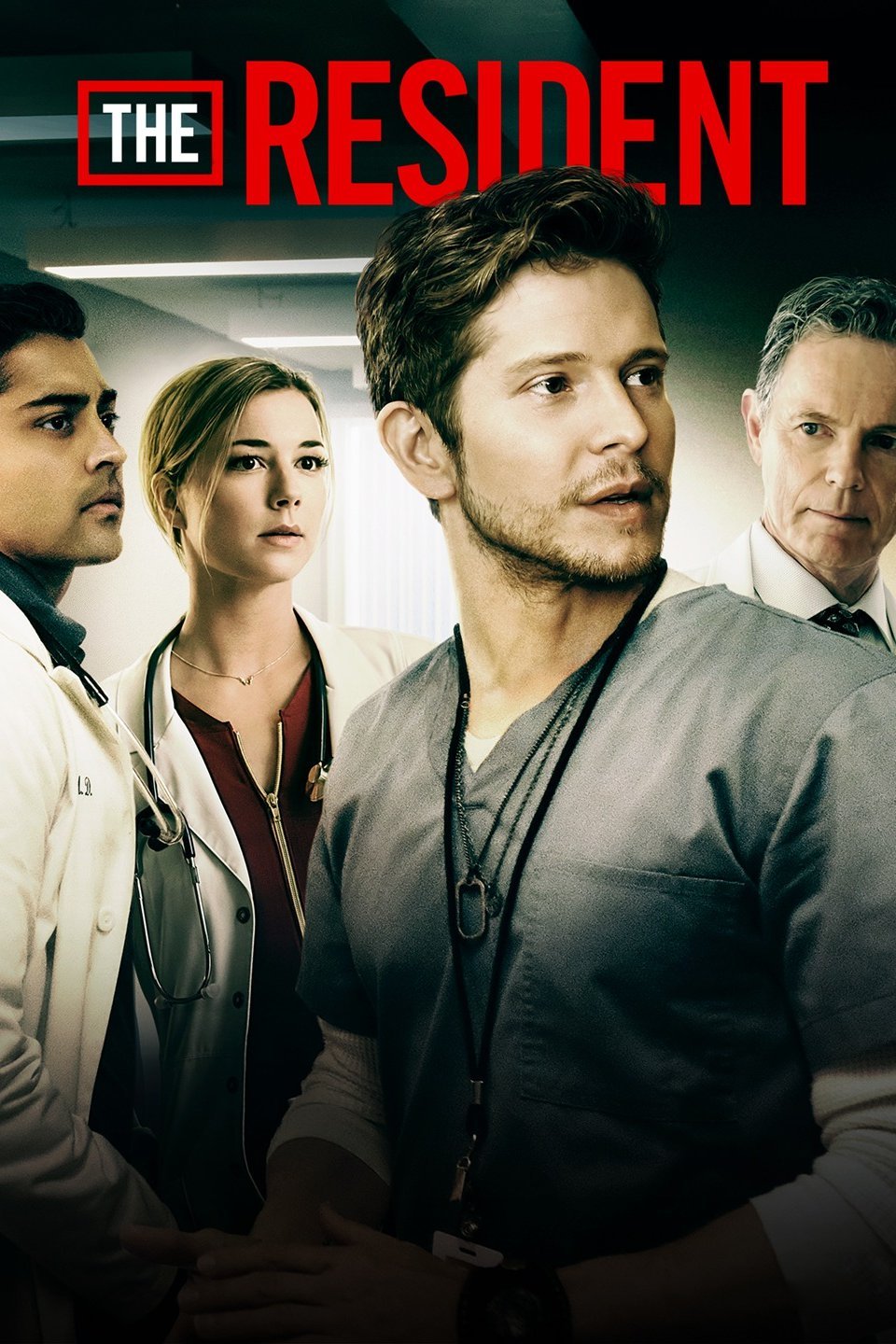
Last night Hassan and I started watching the new Fox show “The Resident” on Sundays at 10pm est. Since we completed residency six months ago we thought it would be fun to compare and contrast our experiences with what they portray on the show. The show depicts medical errors and it begins in an operating room where the nurses/technicians and anesthesiologist are taking selfies. While there are certain social media accounts these days that do give an inside look on the daily lives of physicians, including in the OR, their is usually someone else who not part of the procedure that is recording. Although Hassan and I are not surgeons, we did have to spend time in the OR during our surgery rotation in medical school and the importance of maintaining a sterile field is stressed repeatedly. Before we are even allowed in the OR you learn to scrub properly and when you are part of a surgery your every move is watched. You have to maintain sterile field at all times and cannot even shift your face mask or scratch your nose without breaking that field and having to scrub in again, so there is definitely no way everyone in the OR would be taking selfies. In that same scene they also show CPR starting and ending within seconds as well as the team lying about the cause of death, which simply cannot occur as the process is extensive and written in detail.
In the next scene we see a young intern getting ready for the first day of work. Truth be told, it is an exciting day and most of us do get our white coat ready the night before. It’s like the first day of school, but even more exhilarating since everything you’ve learned to this point can finally be used and you are ready to apply the knowledge to real patients. I remember getting my white coat ready the night before- I had the “
Maxwell Quick Medical Reference” tucked into my front pocket along with a penlight and several pens. In my bottom right pocket I stored “
Pocket Medicine: The Massachusetts General Hospital Handbook of Internal Medicine” and in my left bottom pocket was my stethoscope and pager. When the intern, Devon, first walks into the hospital he has to flash his ID card and no matter how many times you walk into a hospital, security will always ask for your ID at the front entrance. As the days go on the white coat gets filled with handouts, EKG readings, and journal club articles. As the years go on the white coat gets lighter as your knowledge increases and you need less materials to flip through.
When Devon meets his senior resident, Conrad, he gets talked down to and threatened by him. This never happens. There is a hierarchy in medicine and it exists for a reason
(The Joys of Residency… seriously), but for the most part your senior resident is there to teach you, to guide you and to be a person you can come to for assistance. At some point Conrad asks his intern Devon to perform a rectal exam. Usually the intern is responsible for the day to day physical exam and writing notes while the resident supervises, and these include tasks that to some may seem less glamarous. But it’s important to remember the reason for each thing we do and how it is providing best patient care. Patients, like the one in the show, place trust in their doctors and allow themselves to be vulnerable in order to get better. With the recent allegations against
Dr. Larry Nassar from so many gymnasts he was trusted to take care of, it is sad to see someone take advantage of the important position he was placed in. The doctor-patient relationship is one built on trust and that is what Conrad is trying to teach Devon throughout the episode.
Like most medical dramas, the show mixes specialities of surgery, internal medicine and emergency medicine. These teams do work closely together many times in the hospital, but one resident will not be able to practice a mix of specialties. In the emergency room, Devon meets a young IV drug abuser who is very sick but refuses to stay unless she gets Dilaudid, a type of opiate medication. In order to convince her to stay to get the treatment she needs for infective endocarditis, Conrad agrees to order a dose of Dilaudid for her. This is actually true. Hassan and I have both worked in hospitals that serve patients addicted to opiates who will sometimes refuse treatment for a life threatening illness unless we negotiate pain medications with them. This same young patient ends up coding, losing her pulse, and Devon runs the code fervently. Whenever we have a young patient, the girl on the show was 21 years old, nobody is ready to give up and the code will last 30 minutes or more. Conrad’s point that after so long the girl will be brain dead and the decision to pull the plug will be difficult for the family is true too (
Live happily, go peacefully), but anytime there is a young patient it’s difficult for everyone involved, including the doctors.
To end the episode Conrad tells Devon, “If it were easy everyone would be a doctor, because this is the best job in the world.” I believe this to be true. The process is hard, the years of studying seem never ending, mistakes happen, patients stay with you long after the day is done, but the reward of taking care of fellow human beings makes it all worth it.
We plan to continue to watch the show and give our review via Instagram Live so be sure to follow us both, @nabeelapatail and @hassanpatail, and let us know how you find the show too!


I have checked your website and i’ve found some duplicate content, that’s why you don’t
rank high in google, but there is a tool that can help you to create 100% unique articles, search for:
Boorfe’s tips unlimited content
I have noticed you don’t monetize your blog, don’t waste your
traffic, you can earn extra bucks every month because you’ve got high quality content.
If you want to know how to make extra money, search for:
Mertiso’s tips best adsense alternative
Hi blogger, i must say you have high quality posts here.
Your page can go viral. You need initial traffic only.
How to get it? Search for: make your content go viral Wrastain’s tools
Just desire to say your article is as astounding.
The clearness in your post is just cool and i can assume you’re an expert on this subject.
Fine with your permission allow me to grab your feed to keep updated with forthcoming post.
Thanks a million and please keep up the gratifying work.
I consider something really special in this web site.
Quality blog brings quality monitoring and changes mind of intelects.A small donation you may be interested. http://corneey.com/wm6Zo9
I feel like all your ideas are incredible! good article helped me a lot.
These two better settle their score now before everything ends up burnt!
This guy has something very important to say!
These two sure know how to enjoy a movie!
This has to be the happiest couple on planet Earth!
Doctor bite right into a chococlate bar.
Thanks to the great manual
I enjoy the article
I enjoy the report
I spent a lot of time to find something such as
this
This is great post. Thank you for sharing.